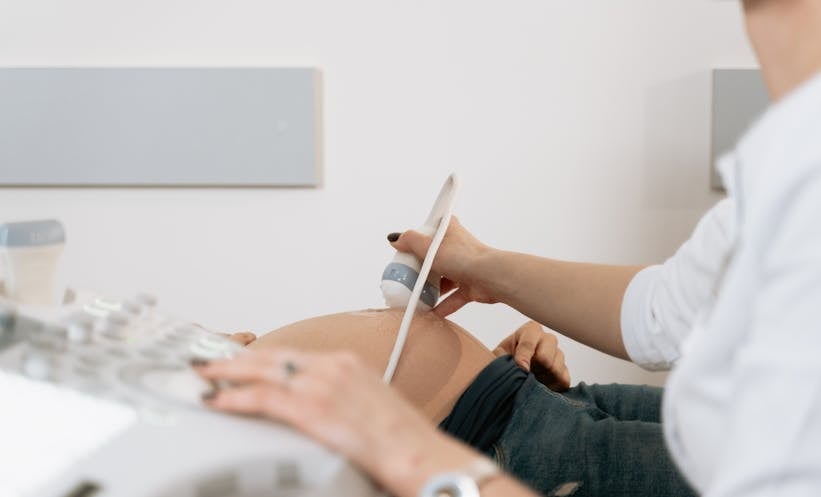A REPORT from New Zealand’s Health and Disability Commissioner (HDC) has highlighted the failure of a radiologist and a sonographer to detect critical foetal abnormalities during two separate pregnancies, including the case of a twin baby who died three days after birth.
The HDC report highlighted errors in multiple ultrasound scans, with anomalies overlooked in both cases. Deputy Commissioner of HDC, Rose Wall, criticised the clinical standards maintained by the professionals, whose failures had ‘profound and lasting impacts’ on the affected families.
In the first case, a mother, referred to as Mrs. B, underwent routine scans in 2022 that failed to identify significant abnormalities in one of her twins. A growth scan at 24 weeks noted one twin was smaller, but no serious concerns were flagged. However, the baby was later found to lack a kidney and bladder. The condition, undiagnosed during pregnancy, led to complications, and the baby died three days after birth.
The HDC report revealed that foetal anatomy imaging at 12 weeks was inadequate, with incomplete views of the twins’ organs. Expert advisers recommended that an obstetric review should have occurred by 28 weeks.
The second case mentioned in the report involved Mrs. A, whose baby suffered from congenital pulmonary airway malformation (CPAM), a condition where cystic lesions compress the lungs and heart. Although signs of CPAM were apparent from the 20-week scan, the condition was not diagnosed until 36 weeks. By then, critical lung tissue was irreparably damaged.
The baby required urgent in utero interventions, followed by a caesarean birth and multiple surgeries, including the removal of an entire lung. While the baby survived and was able to breathe unaided after surgery, earlier detection could have reduced the severity of interventions required.
Wall emphasised the importance of adhering to professional guidelines during ultrasound imaging. She noted deficiencies in three of four scans performed by Mr. C and found that the radiologist had failed to recommend further specialist care when required.
The radiology service involved has implemented additional training and an audit of past scans. Both professionals have been referred to regulatory authorities for competence reviews. Wall also recommended mentoring for the sonographer and further reflection on adherence to professional standards.
These findings emphasise the critical role of prenatal scans in identifying developmental issues and ensuring timely medical interventions, and tragically demonstrate the consequences of these procedures not being followed.
Reference
Health and Disability Commissioner (HDC). Care provided during pregnancy. 2024. Available at: https://www.hdc.org.nz/decisions/search-decisions/2024/22hdc01223-23hdc00906/. Last accessed: 27 Nov 2024.








